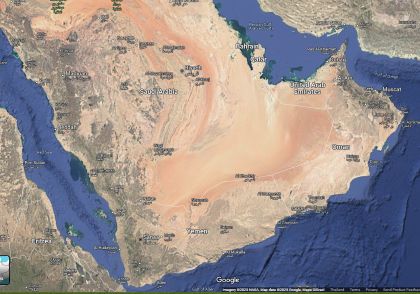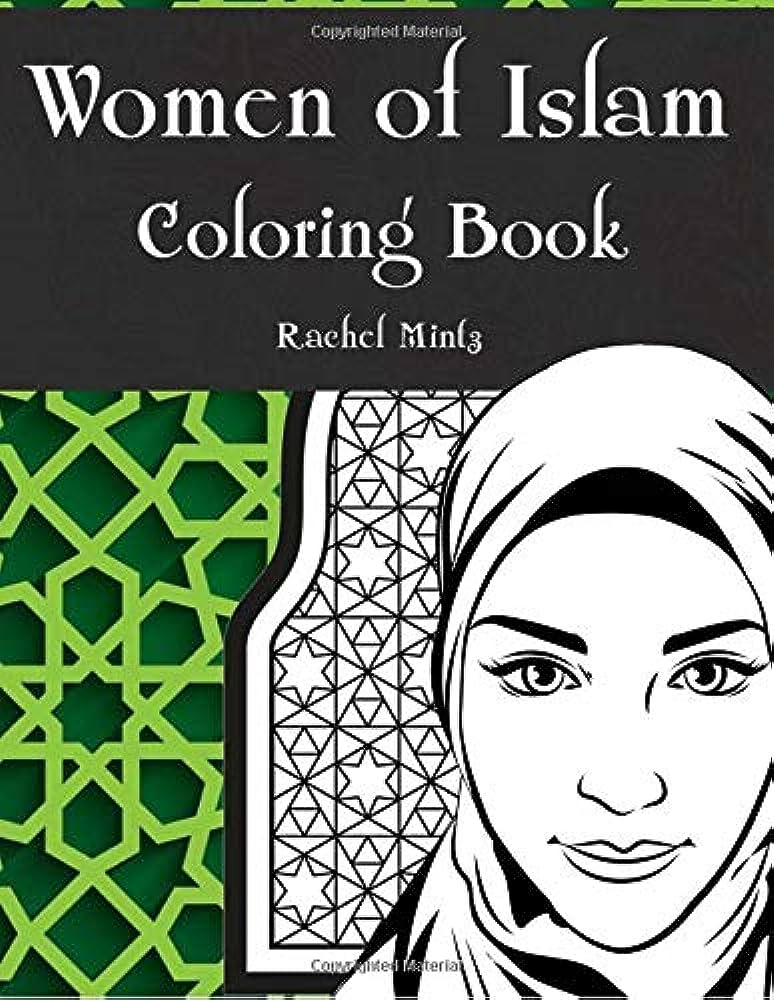LEVEL: Arabian Desert

Aladdin and the magic lamp, Genii
(I dream of Jeannie)
Arabian Nights
Dune, Frank Herbert, Bene Gesserit Codex
Arabs
Bedouin Culture, Horses, Falcons, Birds of Prey (pray)
Shieks
Arabic Language
UAE, Saudi Arabia, Qatar
Dubai, Dohar

I Dream of Jeannie, Astronaut finds an antique bottle, rubs it, and out pops Jeannie, bubbly , magical, eager to make his wishes come true. However, she's so strong, and has unlimited power, so he feels insecure and ends up serving her.
Aladdin & The Magic Lamp finds an old lamp at the second-hand market, has to negotiate to get a good deal, takes it home and starts polishing it, and a genii comes out. Wishes may comes true instantly, so be careful for what you wish for (Aladdin), follow your dreams, keep wishing (keep the faith).
Islam, Sufi Master, Rumi, Gurdieff
Qur’an: The holy book, the word of Allah, revealed to the Prophet Muhammad.
Study in Arabic alongside translations like Yusuf Ali or Saheeh International.
Foundations of Islam
Islam’s core texts provide the foundation for belief, law, and spirituality:

- Qur’an: The divine revelation received by Muhammad, considered the literal word of Allah, central to all Islamic practice.
- Hadith: Collections of Muhammad’s sayings and actions, including Sahih al-Bukhari and Sahih Muslim (Sunni) and Nahj al-Balagha (Shi’a).
- Tafsir: Commentaries on the Qur’an, such as Tafsir al-Jalalayn and Tafsir al-Mizan (Shi’a), used for exegesis.
- Fiqh Texts: Legal manuals like Al-Hidayah (Hanafi) and Mukhtasar Khalil (Maliki), outlining Islamic jurisprudence.
- Risale-i Nur: Modern spiritual commentary by Said Nursi, influential in Turkish and global Muslim communities.
Sufism (Tasawwuf) is Islam’s mystical tradition, seeking a direct, personal experience of Allah through spiritual practices like dhikr (remembrance) and meditation. It emphasizes love, devotion, and purification of the soul. Key figures include Rumi, whose poetry (Masnavi) explores divine love, and Ibn Arabi, known for the concept of wahdat al-wujud (unity of being). Sufi orders (tariqas), like the Naqshbandi and Qadiri, guide adherents. While embraced by some Sunni and Shi’a communities, Sufism is controversial among strict legalists (e.g., Wahhabis) who view its practices as unorthodox. Sufism remains influential in poetry, music, and spiritual life.
Islam’s major teachers, or scholars, have shaped its theology, law, and practice through their interpretations and teachings:
- Prophet Muhammad (570–632 CE): The final prophet and founder of Islam, whose life (Sunnah) and sayings (Hadith) guide Muslims.
- Imam Abu Hanifa (699–767): Founder of the Hanafi school of Sunni jurisprudence, emphasizing reason in legal rulings.
- Imam Malik (711–795): Founder of the Maliki school, known for the Muwatta, a key Hadith collection.
- Al-Ghazali (1058–1111): Influential theologian and Sufi, whose works like Ihya Ulum al-Din reconciled mysticism with orthodoxy.
- Imam Khomeini (1902–1989): Shi’a leader of Iran’s Islamic Revolution, influential in modern Shi’a theology and politics.
Sunni Islam, comprising ~85-90% of Muslims, emphasizes the Sunnah (Prophet’s example) and consensus (ijma) in interpreting Islamic law (Sharia). It recognizes the first four caliphs as rightful successors to Muhammad. Major legal schools include Hanafi, Maliki, Shafi’i, and Hanbali. Sunni scholars, trained at institutions like Al-Azhar University (Cairo), focus on Qur’an, Hadith, and fiqh. Practices include five daily prayers, Ramadan fasting, and pilgrimage (Hajj). Sunni communities value scholarly authority and vary from moderate (e.g., Turkish Muslims) to conservative (e.g., Saudi Salafis).
Shi’a Islam, ~10-15% of Muslims, holds that Ali, Muhammad’s cousin, and his descendants (Imams) are divinely appointed leaders. Key branches include Twelver (believing in 12 Imams, the last in occultation) and Ismaili. Shi’a theology emphasizes martyrdom (e.g., Imam Husayn at Karbala) and awaits the Mahdi’s return. Texts like Nahj al-Balagha (Ali’s sayings) are central. Seminaries in Qom (Iran) and Najaf (Iraq) train scholars. Shi’a practices include Ashura commemorations and temporary marriage (mut’ah, in some sects). Shi’a communities are prominent in Iran, Iraq, and Lebanon.
Muslim Community
Saudi Arabia, with ~35 million Muslims (mostly Sunni), is Islam’s heartland, hosting Mecca and Medina, sites of the Kaaba and Prophet’s Mosque. The country enforces strict Sunni Wahhabism, influencing mosques and education. Major institutions like Umm Al-Qura University train scholars. The Hajj pilgrimage draws millions annually. Halal practices are universal, and Sharia governs daily life. Non-Sunni communities (e.g., Shi’a in the Eastern Province) face restrictions, though reforms are increasing inclusivity.
Major Muslim-majority countries in the Middle East include Saudi Arabia, Iran, Iraq, Egypt, Turkey, and Yemen, with Saudi Arabia and Iran being central to Sunni and Shi’a Islam, respectively. Worldwide, other prominent Muslim-majority nations include Indonesia, Pakistan, Bangladesh, Nigeria, USA, UK, and Malaysia, representing diverse cultural and sectarian expressions of the extended Islamic community.
Halal dietary laws, derived from the Qur’an (e.g., Surah 5:3), govern permissible foods. Allowed foods include animals slaughtered with a blessing (dhabiha) by a trained Muslim, excluding pork, blood, and carrion. Fish with scales are generally halal. Alcohol and intoxicants are prohibited. Halal certification ensures compliance, common in Sunni and Shi’a households. Meat must be prepared with minimal suffering, and cross-contamination with non-halal items is avoided. Halal is seen as a means of obedience to Allah and spiritual purity.



